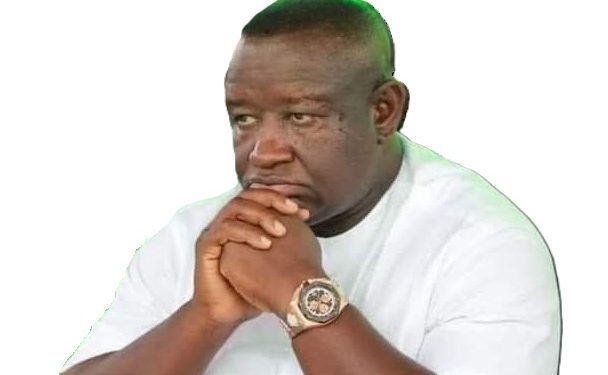By Hassan Osman Kargbo
Growing public frustration over Sierra Leone’s stagnant minimum wage of NLe 800 has once again come to the forefront, as citizens continue to battle rising living costs and economic hardship. Amid soaring prices of basic consumables—especially rice, the country’s staple food—many are calling on the government to urgently review and adjust the national minimum wage to better reflect the current economic reality.
Despite mounting public anticipation for a wage increase, no significant changes have been made in recent years, thus sparking widespread discontent among low-income earners who argue that NLe 800 is grossly inadequate to support even the most basic of living standards in the country.
“The Wage Is a Joke”
For many Sierra Leoneans, the LE 800 minimum wage, roughly equivalent to $35 USD monthly, does little to cover their essential needs. With a 50kg bag of rice—the primary food source for most households—now costing between LE 500 and LE 600, workers say their entire monthly wage is consumed by a single item.
“This wage is a joke. How can a person survive on LE 800 when just a bag of rice is nearly that amount?” lamented Mariatu Kamara, a cleaner and mother of three based in Freetown. “We are not asking for luxury. We are asking to be able to eat, pay rent, and send our children to school.”
Kamara’s sentiment is echoed across the country, particularly among those in the informal sector and civil service. Many argue that without immediate intervention, the economic strain will only continue to worsen, pushing more families below the poverty line.
Calls for Urgent Government Action
Labor unions and advocacy groups have also joined the call for reform, demanding that the government adjust the minimum wage in line with inflation and market conditions. The Sierra Leone Labour Congress recently issued a statement urging the government to respond to the “growing economic disparity and public outcry.”
“The cost of living has skyrocketed in recent years, but the wage structure has remained stagnant. This is a recipe for social unrest and widespread dissatisfaction,” said Alhaji B. Conteh, a labor rights advocate. “We need a living wage, not just a minimum wage.”
Conteh added that a national wage review committee should be convened to assess current economic indicators and make evidence-based recommendations for a new wage policy that reflects the cost of essential goods and services.
Government yet to Respond
Despite these concerns, the government has yet to publicly address the latest wave of criticism. Previous discussions about wage adjustment have often stalled or been delayed, citing budgetary constraints and broader economic instability. However, critics argue that continued inaction may erode public trust and deepen social inequality.
“We understand the economic challenges the government faces,” said Aminata Sesay, a teacher in Bo. “But the cost of inaction is greater. We cannot expect citizens to remain productive or hopeful when they’re hungry and hopeless.”
Impact on National Development
Economists warn that the wage stagnation not only affects individuals but also hampers national productivity and economic development. When workers cannot meet their basic needs, motivation and efficiency drop, potentially slowing the country’s progress.
“Improving wages is not just a moral obligation; it’s an economic strategy,” said Dr. James Koroma, a local economist. “When people earn more, they spend more, and that drives economic growth. The government should view wage reform as an investment in the country’s future.”
A Plea for Dignity
At the heart of the matter is a plea for dignity and basic human rights. For countless Sierra Leoneans, the current minimum wage is not merely a financial issue—it is about their ability to live with self-respect and hope.
“We are not asking for hand-outs. We are asking for fairness,” said Fatmata Jalloh, a market trader in Kenema. “We contribute to this country. We deserve to live a life that is more than just survival.”
As pressure mounts, the question remains: Will the government heed the call of its people and act swiftly to review the minimum wage, or will Sierra Leone’s most vulnerable continue to bear the brunt of economic hardship in silence?











